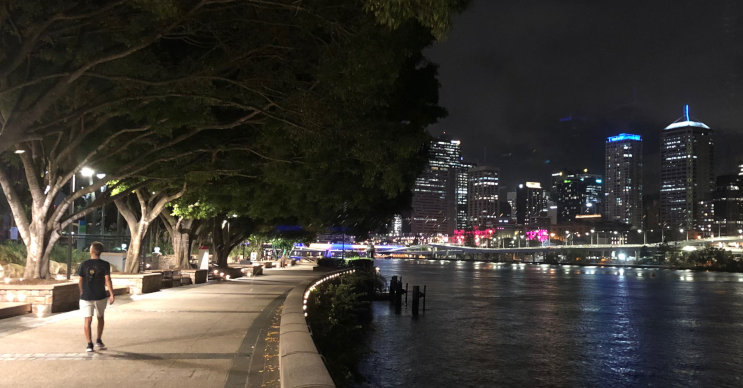Archives
June 2024
Categories
All
|
Back to Blog
Credit: Flickr/dchrisoh 811 words / 3-minute read When you hear the phrase "dark skies", which thoughts and images come to mind? A night so dark that the stars are too many to count? The soft light of the Milky Way overhead? A sense of peace or serenity? Feelings of remoteness or isolation, wonder or awe? Maybe it's all of those things. The movement to protect the night sky from light pollution began in the 1970s. In those early days, it was firmly centered in the astronomy community. Even the name "dark skies" evokes astronomy and the cosmos. Organizations like the International Dark-Sky Association were born in reaction to the loss of the night. But the degradation of the night sky by human activities started far earlier. People noticed the stars disappearing soon after the introduction of gas lighting in the early 19th century. Astronomers began to leave cities and relocated their observatories to the countryside. The phenomenon ramped up quickly after 1900 due to the widespread introduction of electric lighting. Meanwhile, people began to notice that the situation was also beginning to change on the ground. Consider this observation published by the journal Science in 1887: "Some disadvantage or evil appears to be attendant upon every invention, and the electric light is not an exception in this respect. In this city they have been placed in positions with a view of illuminating the buildings, and a fine and striking effect is produced. At the same time, a species of spider has discovered that game is plentiful in their vicinity, and that he can ply his craft both day and night. In consequence, their webs are so thick and numerous that portions of the architectural ornamentation are no longer visible, and when torn down by the wind, or when they fall from decay, the refuse gives a dingy and dirty appearance to every thing it comes in contact with. It would be of interest to know whether this spider is confined to a certain latitude, and at what seasons of the year our temperature we can indulge in our illumination." Already people were beginning to see the effects of artificial light at night. Yet until very recently, we really didn't have a good understanding of how harmful those effects could be.
Today, we understand that the issue of light pollution is much more than about whether we can see the night sky. It touches on all these subjects:
At the same time, we shouldn't forget the allure of the stars. Early evidence suggests that 'astrotourism' is a growth industry that may see an explosion of interest as the Covid-19 pandemic eases. It can be an engine of economic development activity in rural areas, but only if skies there remain dark. And new concerns, like light pollution from satellites, continue to emerge. The diversity of effects caused by light pollution means there's something for everyone in the dark-skies movement. Some participants know little about astronomy but care deeply for better nighttime visibility. Concern for wildlife motivates others. And even those for whom breaking down barriers in society is a priority are coming to see lighting as an important consideration. Whether it's to see more stars, improve community safety at night or make conditions better for the ecology, pursuit of dark skies is key. Contact us today to find out how we can help achieve your goals.
0 Comments
Read More
Your comment will be posted after it is approved.
Leave a Reply. |
 RSS Feed
RSS Feed

